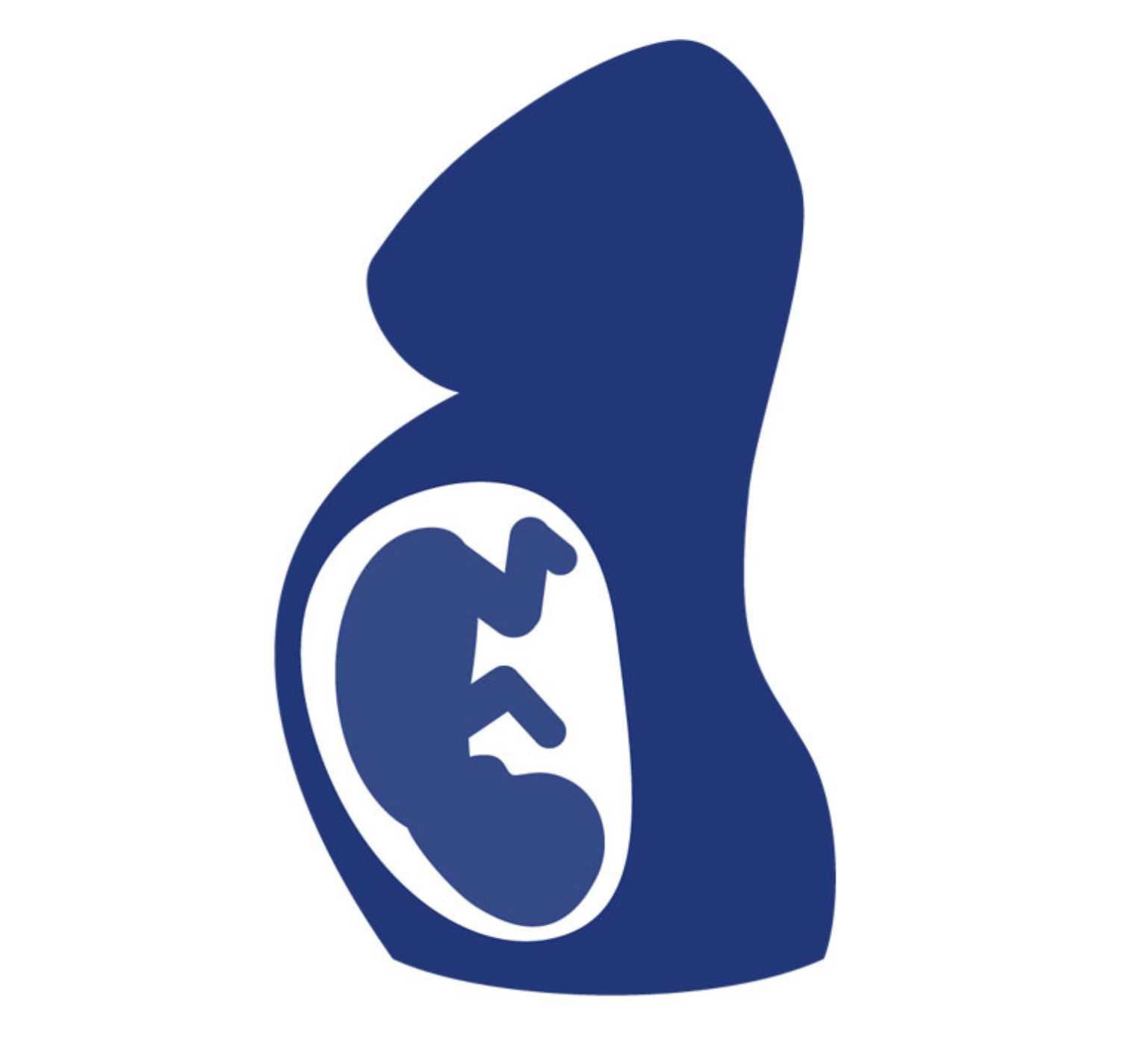
FACTS #1
Pregnant women do not appear to be at higher risk of infection compared to the general population
FACTS #2
It is known that viral illnesses may cause more severe symptoms during pregnancy, especially in the later stages of pregnancy – a similar pattern may be observed in COVID-19 infections, but there is at present insufficient evidence to confirm this
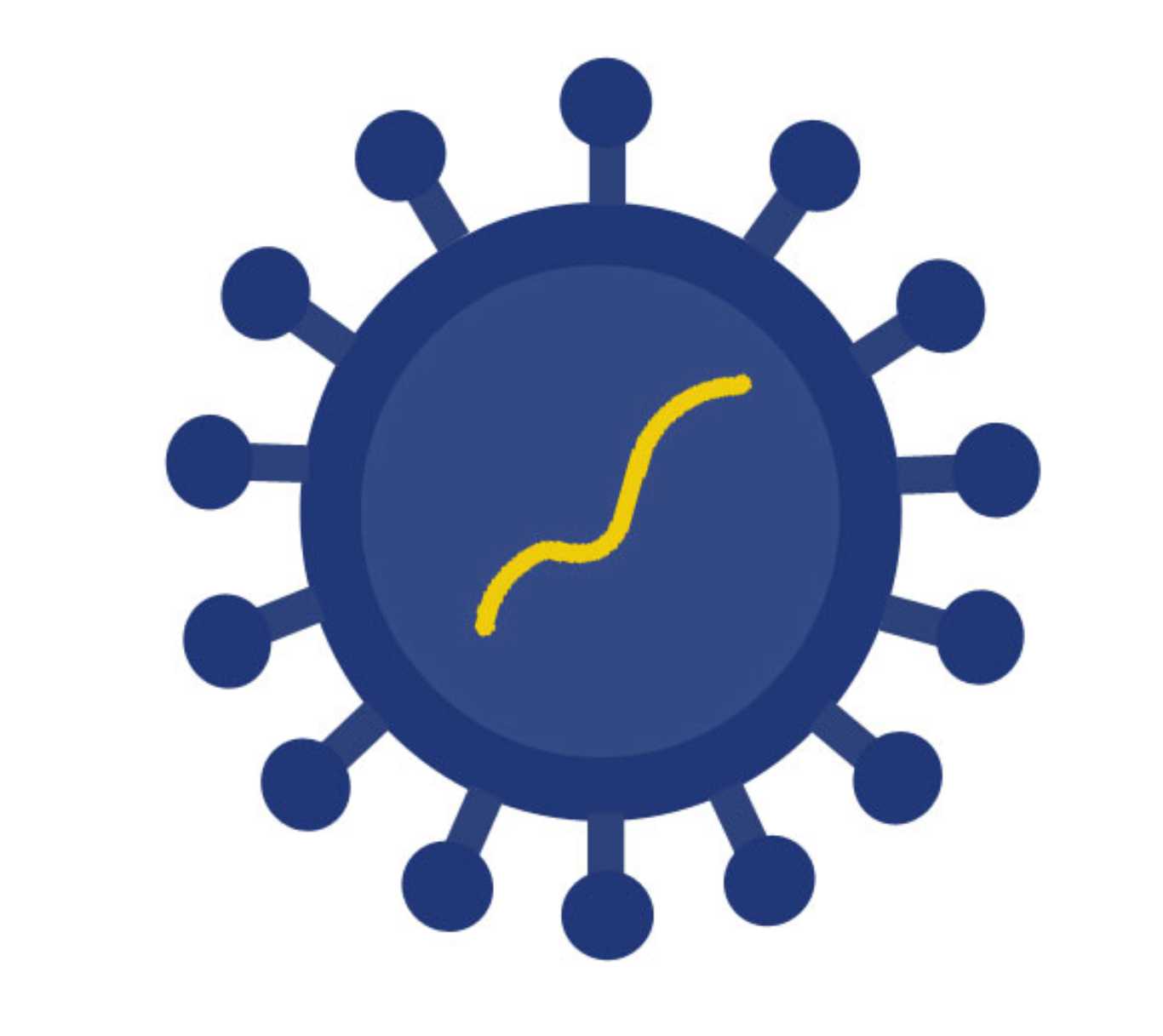

FACTS #2
It is known that viral illnesses may cause more severe symptoms during pregnancy, especially in the later stages of pregnancy – a similar pattern may be observed in COVID-19 infections, but there is at present insufficient evidence to confirm this
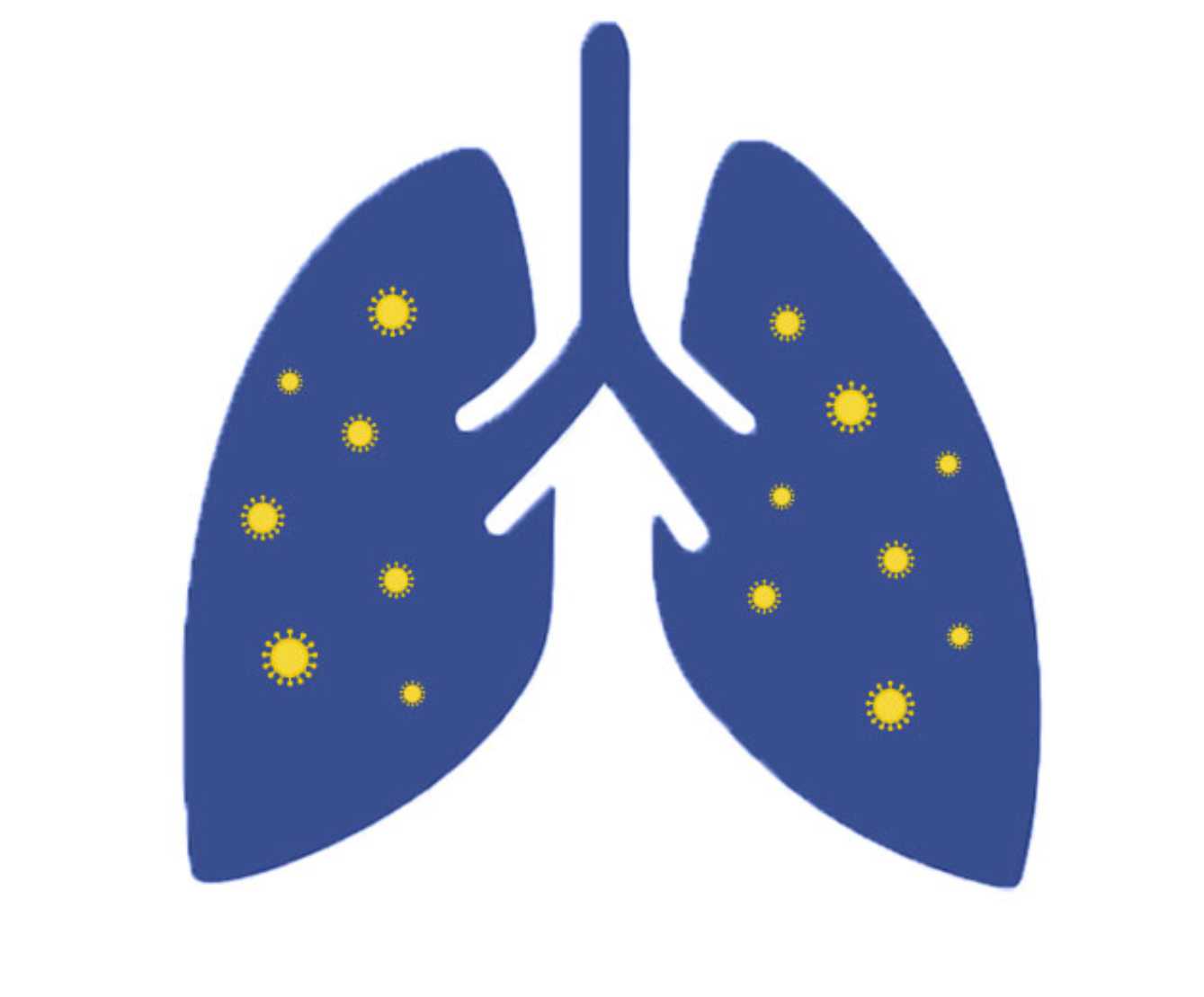
FACTS #3
Severe symptoms including pneumonia and marked hypoxia (low oxygen delivery to tissues) could occur in pregnant women, requiring prompt management. However, the risk of this happening is low.
FACTS #4
Emerging evidence suggests that COVID-19 can probably be vertically transmitted (transmitted from mother to child during pregnancy before birth or during delivery), though more studies are needed to confirm this. More studies are also needed to determine the proportion of affected pregnancies, as well as the impact that COVID-19 has on the foetus.
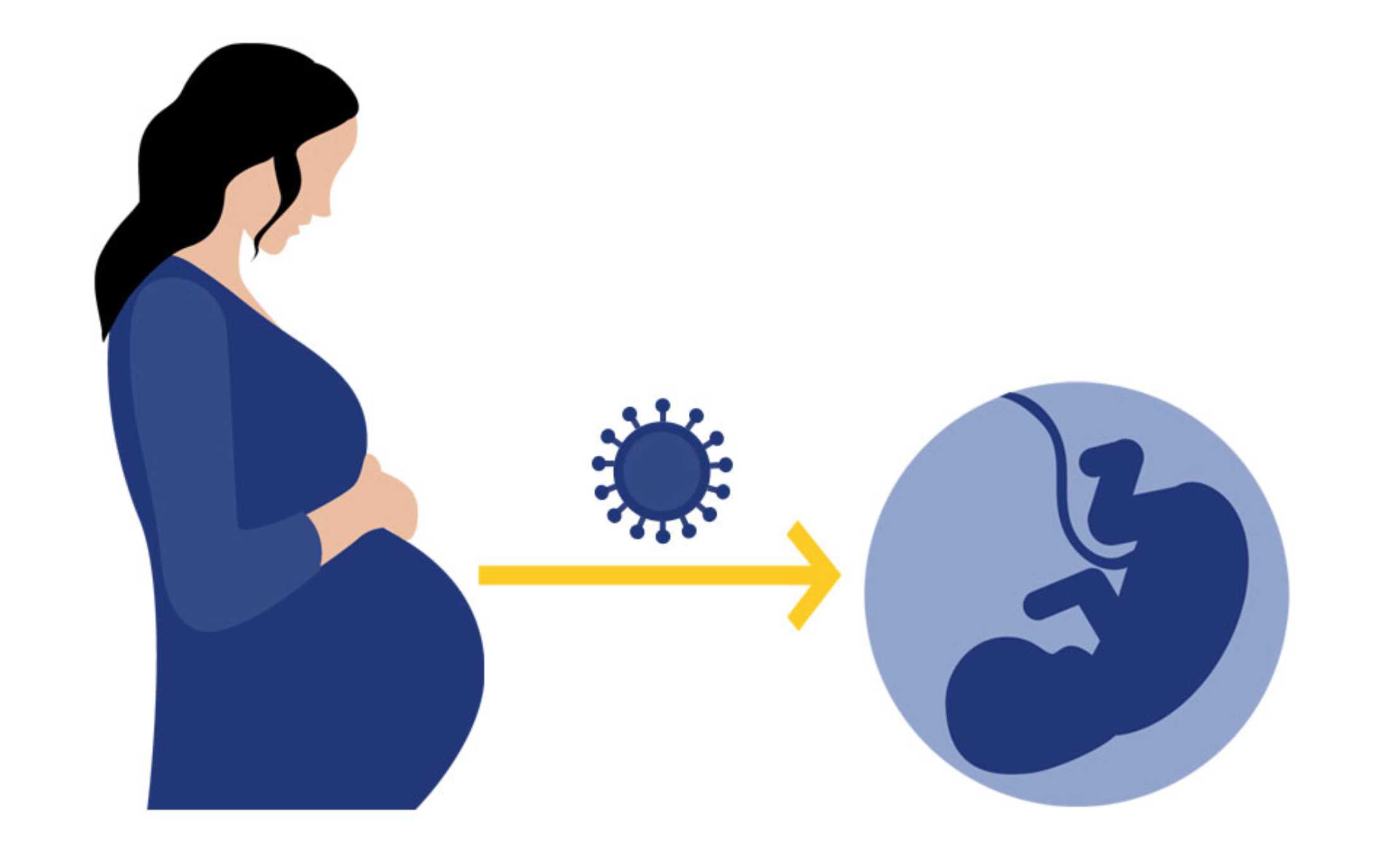

FACTS #4
Emerging evidence suggests that COVID-19 can probably be vertically transmitted (transmitted from mother to child during pregnancy before birth or during delivery), though more studies are needed to confirm this. More studies are also needed to determine the proportion of affected pregnancies, as well as the impact that COVID-19 has on the foetus.
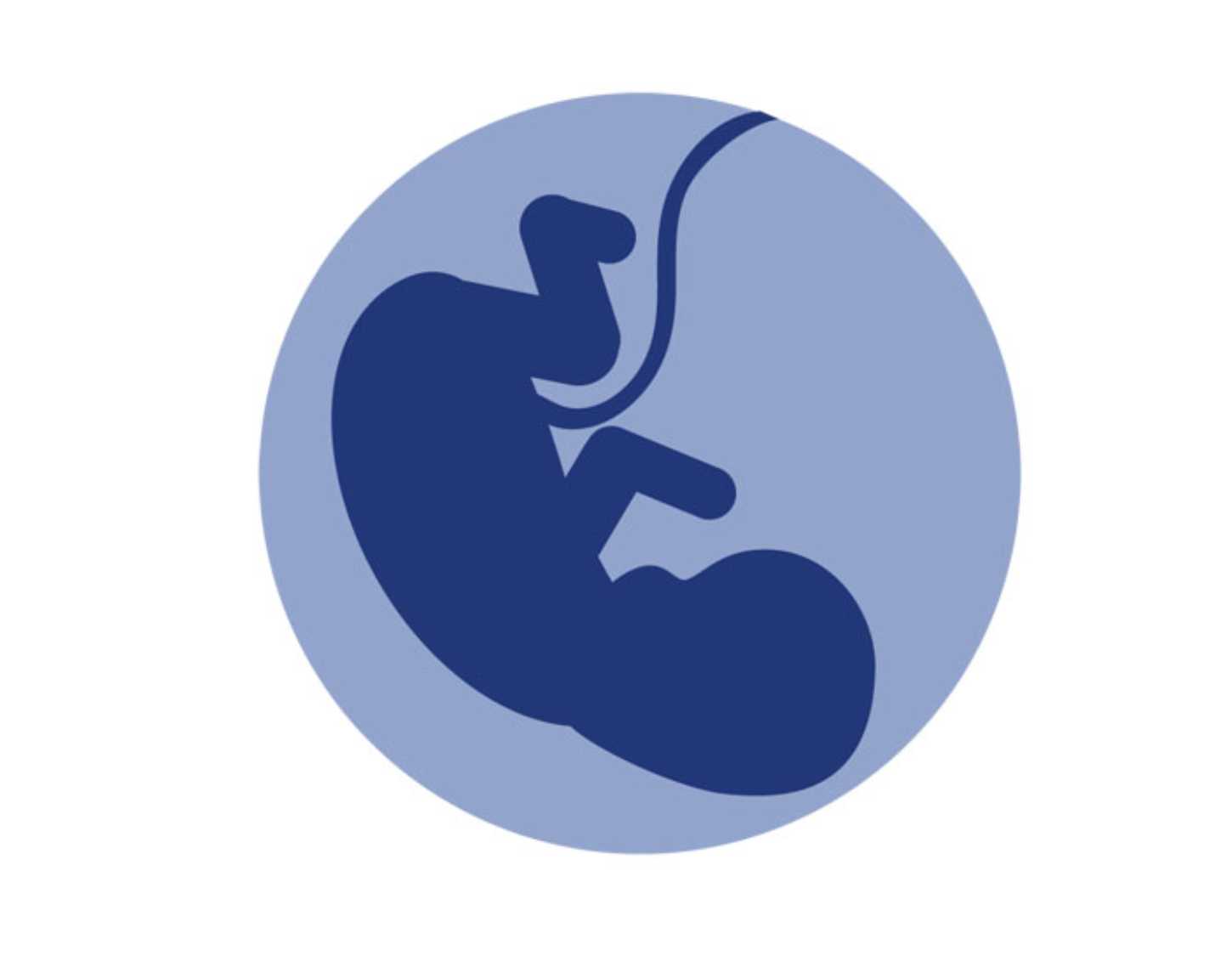
FACTS #5
Some studies have reported that breastmilk samples from mothers infected with COVID-19 have tested negative for the presence of the virus, though more research is needed to confirm this. The WHO currently recommends that women who wish to breastfeed can continue to do so.
